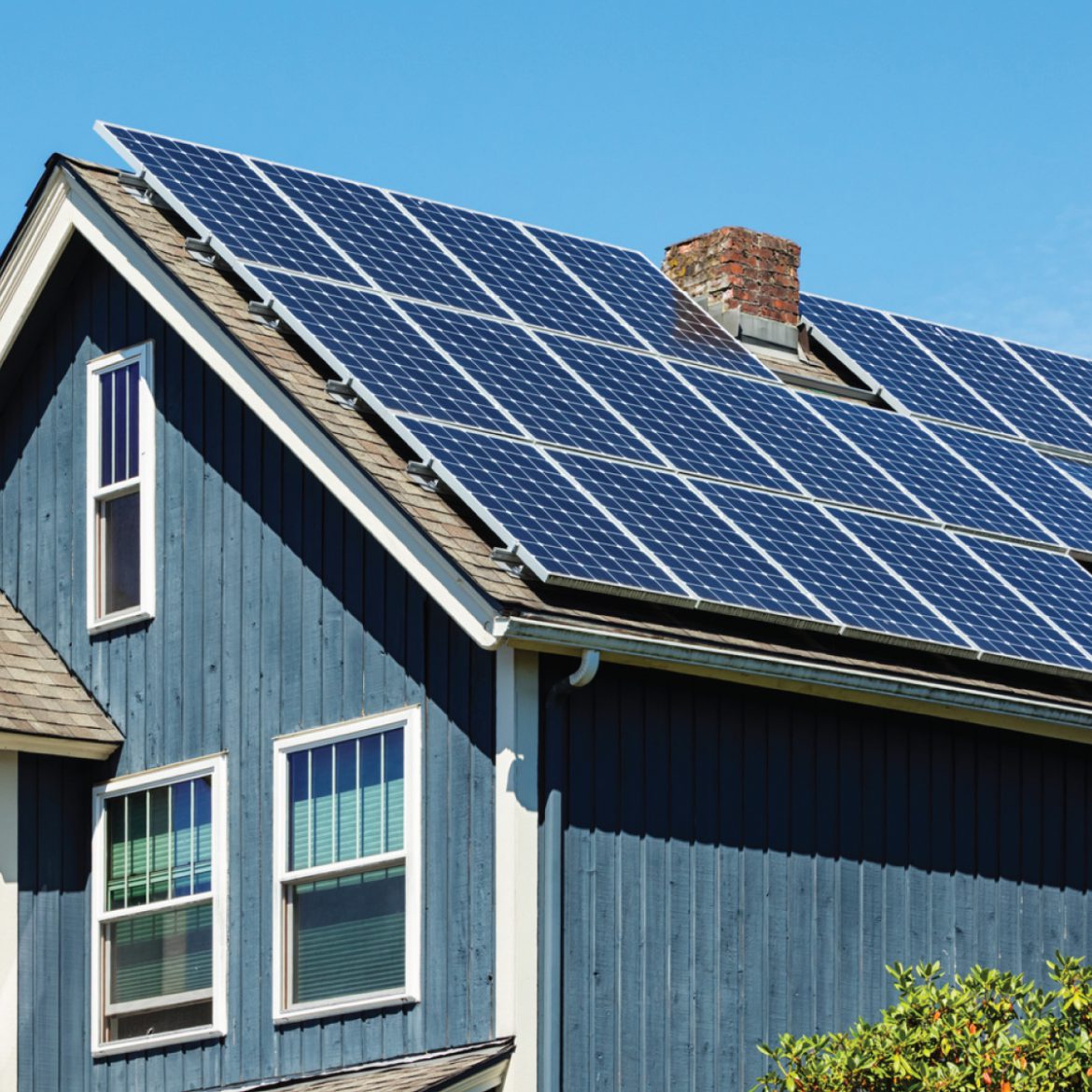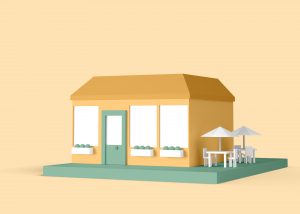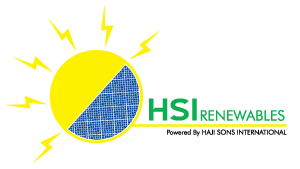
Residential Solar Solutions
Residential solar power solutions are ultimately going to take the place of fossil fuels. Man used these energy-based sources to utilize in their homes as an individual. With the help of technology, scientists have been able to successfully find alternates to renewable energy sources. The fundamentals of residential solar solutions are that sunlight is converted to direct current electricity by the photovoltaic effect. The residential solar systems offer a large degree of relief from energy expenses for homes and businesses that’s why they are easy to install.

Solar Factors:
There are several site-specific and geographical factors that impact the amount of solar panels that your system can generate for your home or business. That’s why these variables affect the output of your solar system. Such as, they’re all factored into our calculations based on your inputs.
- Panel Orientation
- Solar Panel angle
- Temperature
- Shading or obstruction
1. Panel orientation
A northern orientation is best in the southern hemisphere for maximizing solar output. This is also appropriate if the roof doesn’t face north. Consider your roof’s orientation in conjunction
with your consumption habits. An east/west orientation may suit your household if you use power at either. At the end of the day, east-facing modules generate electricity in the morning while the west-facing panels do so in the late afternoon.
2. Solar Panel angle
First of all, the pitch and angle of your rooftop is a factor that affects the solar output. Year-round, the optimum panel
angle is equal to the latitude of your location, e.g.Lahore 31.5204° N, 74.3587° E. If you have a flat roof, the system can be installed
on an incline to achieve better output.
3. Temperature
The hotter your system gets, the less efficient it becomes. Higher quality panels are more effective at dealing
with the effects of temperature.
4. Shading or obstruction
Anyhow, your system is subject to shading or obstruction throughout the day, this will affect its output. But some of your modules are obstructed from sunlight, the use of microinverters or power optimizers will allow your system to perform better shading conditions.
Features of Residential Solar Solutions
Solar energy is coming from many homes that’s why they are installed on the rooftops. The residential solar system occurs in two ways. Firstly, Separate and Secondly, in a combined way (which means that their connection is on a power grid).
Functions of Solar Solutions
Mostly, residential solar solutions work efficiently by tapping sunlight energy. Sunlight energy is converted into electricity due to the help of solar panels. The solar panels clarify that the DC charge is dispatch through the precise wires where it is converted into an AC power possible to be used at home in one of the residential solar systems.
Benefits of Solar Solutions
Being in a possession of any solar system harbors many benefits. Residential Solar energy has no toxic emissions in the air making it
environment friendly. You can enjoy free electricity for estimated twenty-five years with the help of residential solar energy



